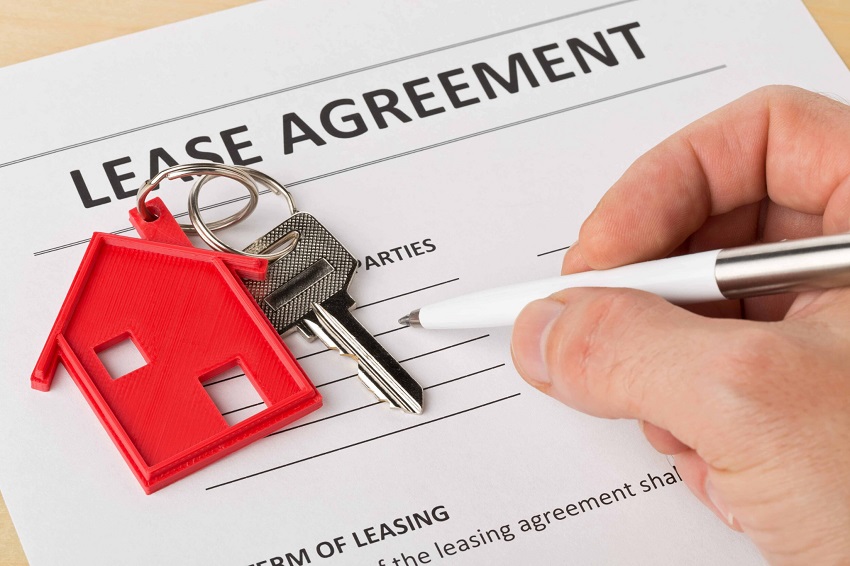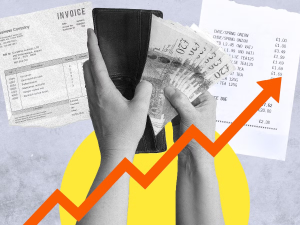
Conveyancing can be a complicated process and for the majority of people, it is mostly unfamiliar. This means they are likely to be highly reliant on their solicitor or conveyancer. One job of the conveyancing solicitor is to ensure that their clients understand what is happening and to set realistic expectations for time scales and costs. A conveyancing solicitor should be ready to answer the following questions:
1. How much will it cost?
Cost will always be one of the most important questions in any legal transaction. Buying a property is expensive in its own right, but you also need to be prepared for additional costs such as estate agent and solicitor fees. Legal fees may also include disbursements that are paid to third parties by your solicitor, such as search fees, land registry fees and stamp duty. Survey fees and lender’s valuation fees may also add to the overall budget.

2. How long will conveyancing take?
There is a general process that conveyancing follows, but every transaction differs depending on a range of factors. Are there just one buyer and one seller, or is there a longer chain? Do your searches come back clear, or are there additional complications? Whilst the national average for conveyancing time is considered to be 8-12 weeks, it could be shorter than that for a particularly simple process, or, conversely, longer than a year if it is especially complex.
3. When should I instruct a solicitor?
A solicitor can advise on every stage of the conveyancing process. If you are buying, that means before an initial offer. If you are selling, that is before your current property is placed on the market. Instructing a solicitor later in the process may increase complications as they have to review and potentially redo previous work. Whether you are looking for conveyancing solicitors Rugby or elsewhere, firms such as Sam Conveyancing will be able to assist you through the entire process.
4. Can you act for both the buyer and seller?
Generally, a conveyancing solicitor cannot act for both buyer and seller at the same time. This is not just a personal decision but is proscribed by the Solicitor’s Code of Conduct. It is considered a conflict of interest . For example, if the solicitor learns of an issue whilst acting for the seller that may cause the buyer to withdraw, they are then obligated to tell the buyer, which may be against the seller’s interests. There are exceptions, but they are narrow and require stringent conditions to be met.
5. If I am currently living in a rental property, when should I hand in my notice?
If your new property is not ready, then handing in notice too soon could leave you temporarily homeless. Late notice, however, could leave you paying rent and a mortgage simultaneously. The exchange of contracts is when the purchase becomes legally binding and you cannot withdraw without penalties, so that is often recommended as the best time to hand in notice on your previous home.

These are just five potential questions that buyers and sellers may want to ask their conveyancing solicitor. A good conveyancer will be prepared for a range of questions and scenarios, as the conveyancing process involves so many different elements. The client will need reassurance at every stage.






